Setting Up Camp in North Carolina
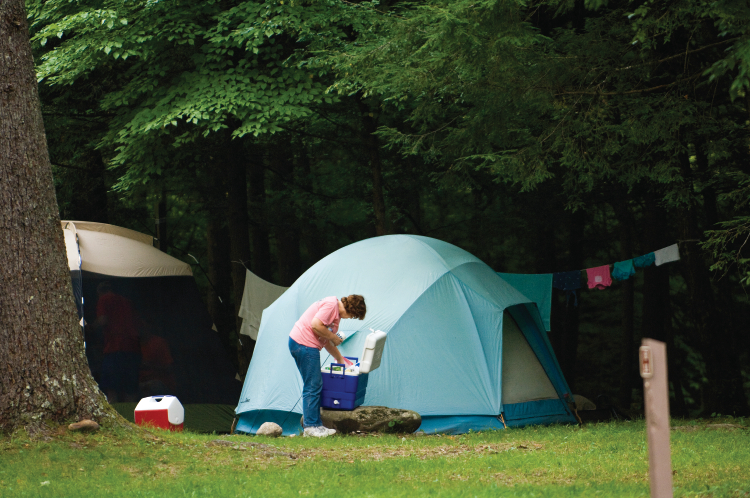
North Carolina offers superb settings for individuals and families who are interested in eating, sleeping and interacting with nature for a weekend or longer. Campsites dot the coast and are sprinkled throughout the Piedmont and the mountains.
Sometimes, Farm Bureau member’s property might be a superb setting to spend a night beneath the stars. With that in mind, Farm Bureau offered some recommendations to landowners who might allow campers and other sportsmen onto their property.
Under North Carolina’s Recreational Use Statute, landowners who aren’t charging a fee to visitors who are on their property to camp, hunt or fish owe those persons the same duty of care they would owe to a trespasser. If the visitor is a direct invitee of the landowner, he must advise the visitor of artificial or unusual hazards that the landowner knows about.
But if landowners are asking for a fee, there is a higher duty of care, meaning property owners are recommended to exercise reasonable care to ensure the visitors remain safe for the duration of their visit.
Furthermore, Farm Bureau recommends that property owners who do collect fees from visitors sign up for a liability insurance policy in case a visitor sustains some kind of injury.
To aid property owners who want to keep their land private, the North Carolina Landowner Protection Act went into effect Oct. 1, 2011. The law requires campers, hunters and other visitors to obtain written permission from a landowner or leaseholder before hunting, fishing or trapping on privately owned, posted property—including land, waters, ponds or legally established waterfowl blinds.
The Landowner Protection Act provides two ways for landowners to post their lands to allow only hunters, trappers and anglers with written permission to enter their property legally. Landowners now can post their land by using vertical purple paint marks on posts or trees, or, as in the past, by placing signs or posters.
State-Owned Camping Facilities
For individuals who want a great camping experience, the North Carolina Department of Commerce’s Division of Tourism recommends a host of different spots.
Cape Hatteras National Seashore along the northern Outer Banks stretches 70 miles across barrier islands and offers you more than 30,000 acres in which to enjoy the pristine maritime environment. Four campgrounds are in the park at Oregon Inlet, Cape Point, Frisco and Ocracoke Island.
In the Uwharrie National Forest, there are more camping areas than any other central North Carolina area. Park rangers have designated special areas for hunters, horsemen, hikers and Scout groups. Primitive tent camping in the Birkhead Wilderness and RV camping in nicely appointed private campgrounds are available, as are boat camping on Badin Lake and canoe camping along the Uwharrie River.
Purely primitive campers can go to the Grand Canyon of the East – Linville Gorge Wilderness. It covers 12,000 acres and the gorge descends more than 2,000 feet to the Linville River below. Wild and isolated, the Linville Gorge Wilderness offers the camper the ultimate in scenic beauty and tranquility.
Editor’s Note: This article is not intended as legal advice. The statements contained herein should not be applied to actual legal issues by readers without prior review by competent legal counsel of the reader’s choosing.



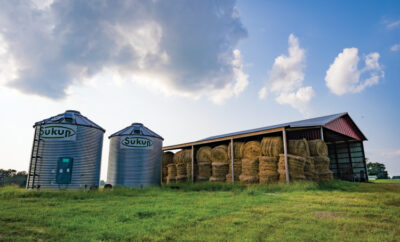
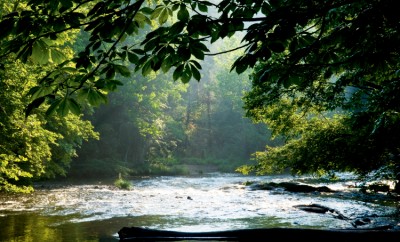
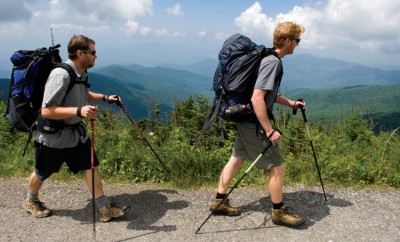
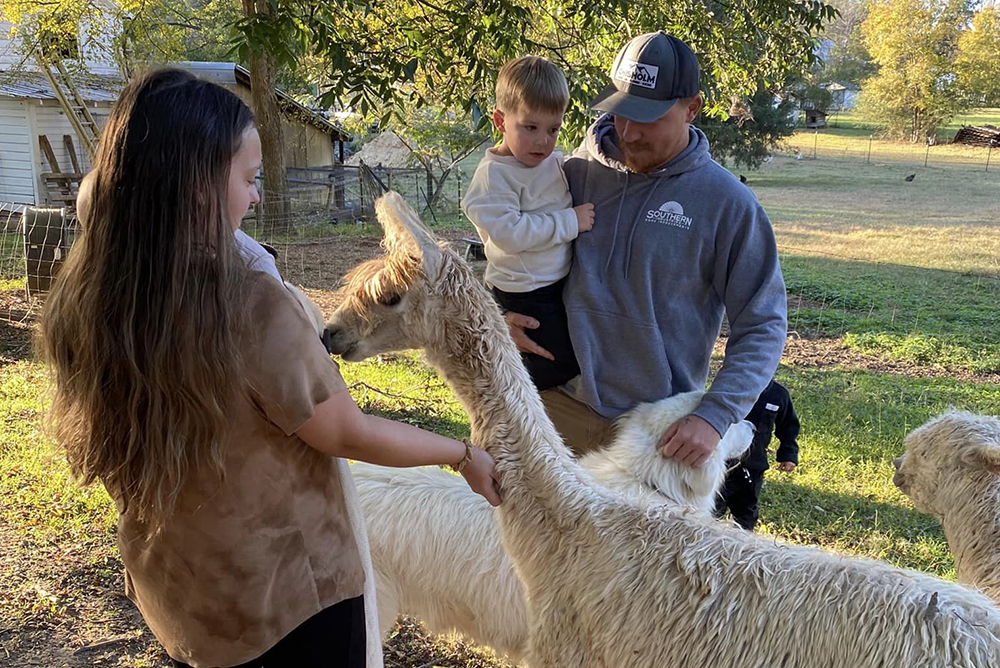


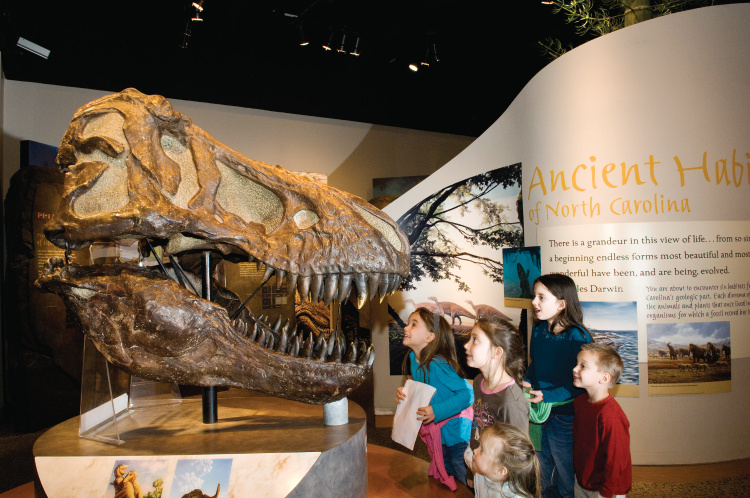

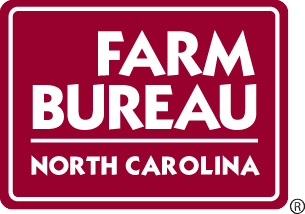
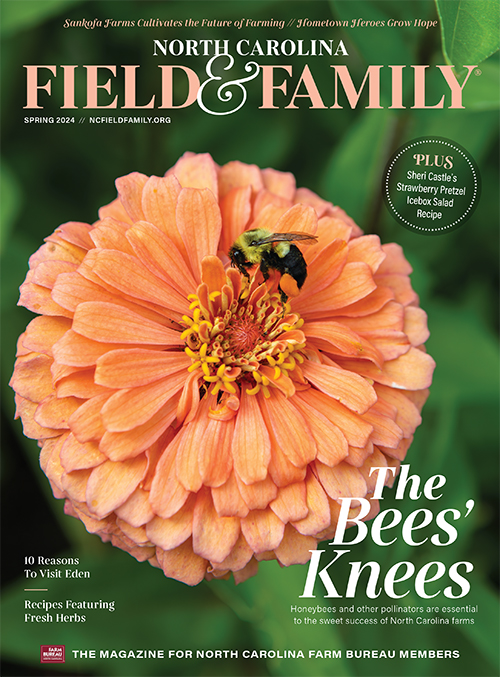 North Carolina Field and Family magazine highlights farms and foods, events and attractions, and interesting people and places throughout the state.
North Carolina Field and Family magazine highlights farms and foods, events and attractions, and interesting people and places throughout the state.
Leave a Comment